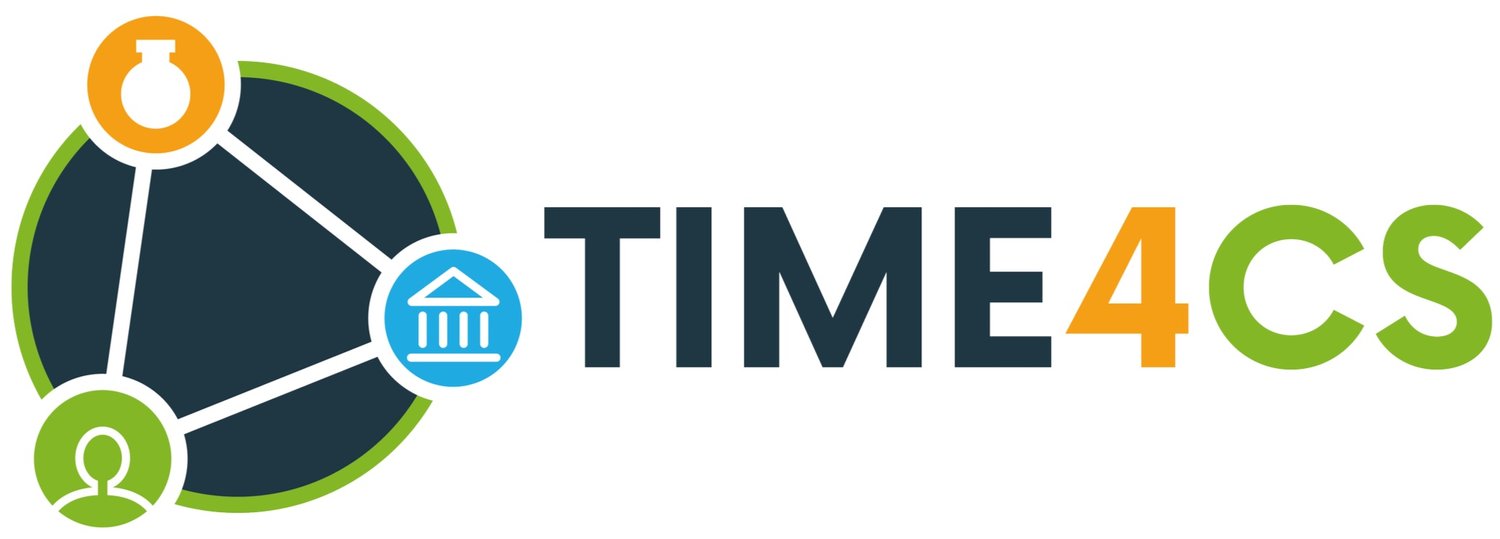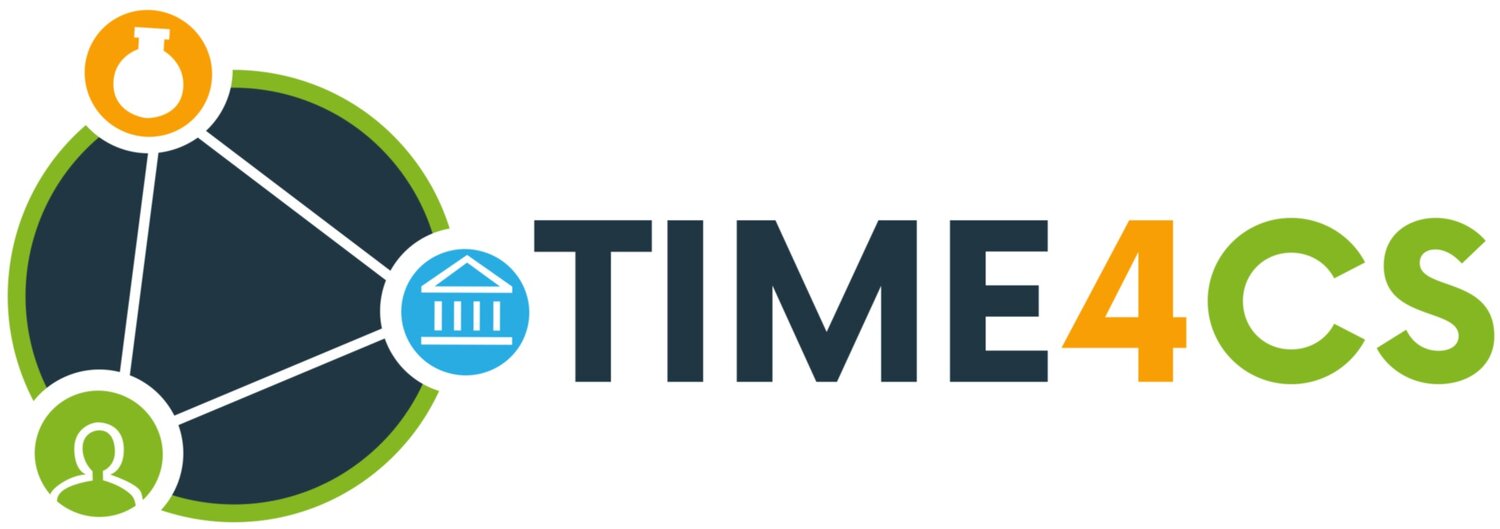Beyond the Grounding Actions: the valuable impact of the TIME4CS project in the CRG citizen science landscape
The TIME4CS project is coming to an end, and so are the development and implementation of the Grounding Actions of the Centre for Genomic Regulation (CRG)’s Roadmap.
Looking back, it is fulfilling to see how the map that was designed at the beginning of the project has led the CRG to acknowledge Citizen Science as a research methodology that has a significant impact on society and on research.
Some of the Grounding Actions have already had a tangible impact on the institution, such as the inclusion of Citizen Science as an open science pillar of the CRG or the training workshops delivered by the Front-Runners from Aarhus University, as well as the talks at the CRG PhD Course, whilst others, like the CRG Citizen Science guidelines, will be used when a Citizen Science project arises.
Since all these and the rest of Grounding Actions of the CRG Roadmap have the final aim of implementing the use of Citizen Science at institutional level, the sustainability of the actions is key for ensuring this. Thus, amongst the new Grounding Actions that were defined for the second year of the project, two of them will hopefully have significant impact for the long-term impact of this project.
On one hand, the CRG has appointed a Citizen Science contact point, who will be the reference person and general advisor for Citizen Science projects. This person would provide information and resources of interest - including funding opportunities -, provide information about the support offered by the CRG, suggest key actors and stakeholders, etc. Having a contact point is the cornerstone for allowing Citizen Science projects to successfully develop and to ensure the use of the resources produced in the frame of the TIME4CS project.
On the other hand, the CRG plans to incorporate the use of the Citizen Science methodology in the internal evaluation processes. This is the icing on the cake of this project, since it recognizes the methodology at an institutional level and promotes its use.
Beyond all these actions, the knowledge gathered from being part of the TIME4CS consortium and the CRG internal discussions across departments have an invaluable impact, since they have brought awareness about Citizen Science amongst key internal stakeholders. Although there are no Citizen Science projects running at the moment, recently, two research project proposals have included a citizen dimension.
Looking ahead, the seeds planted during the last two years have started to bloom towards a promising landscape of recognition and use of the Citizen Science methodology, which would not have been possible without being part of this project. Big thanks to all the TIME4CS partners!
AUTHOR: Marta Solís Mateos, Public Engagement Coordinator at Centre for Genomic Regulation (CRG)


